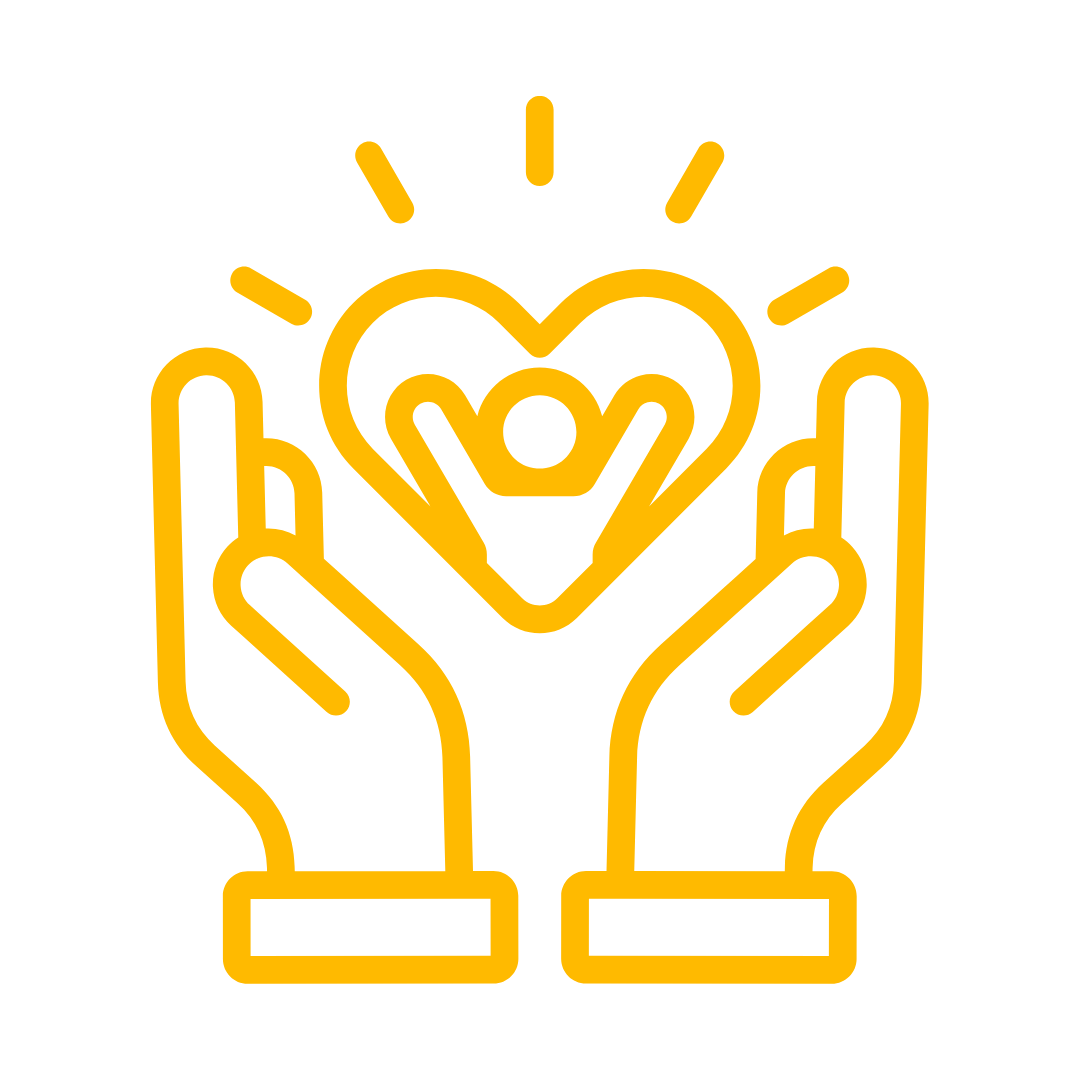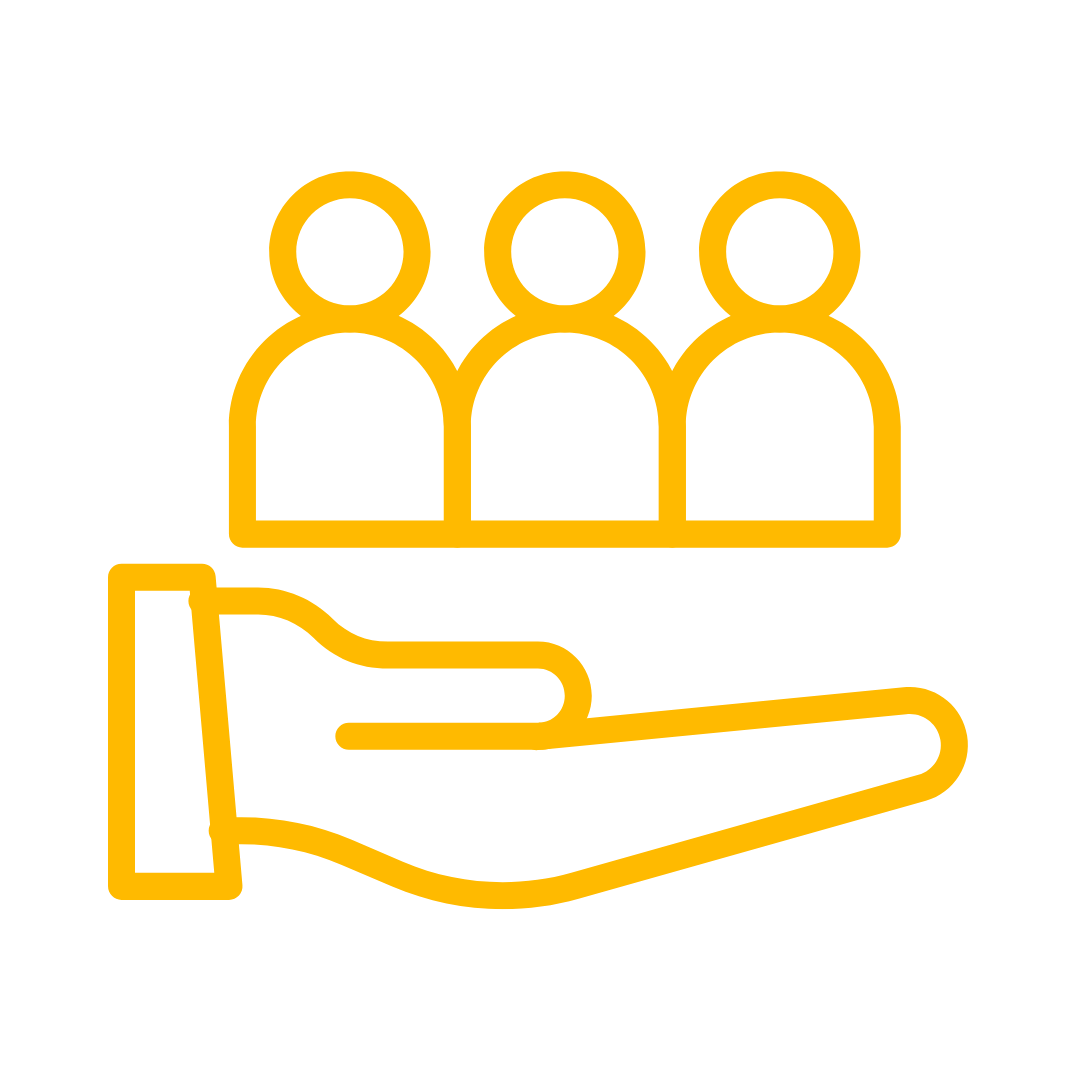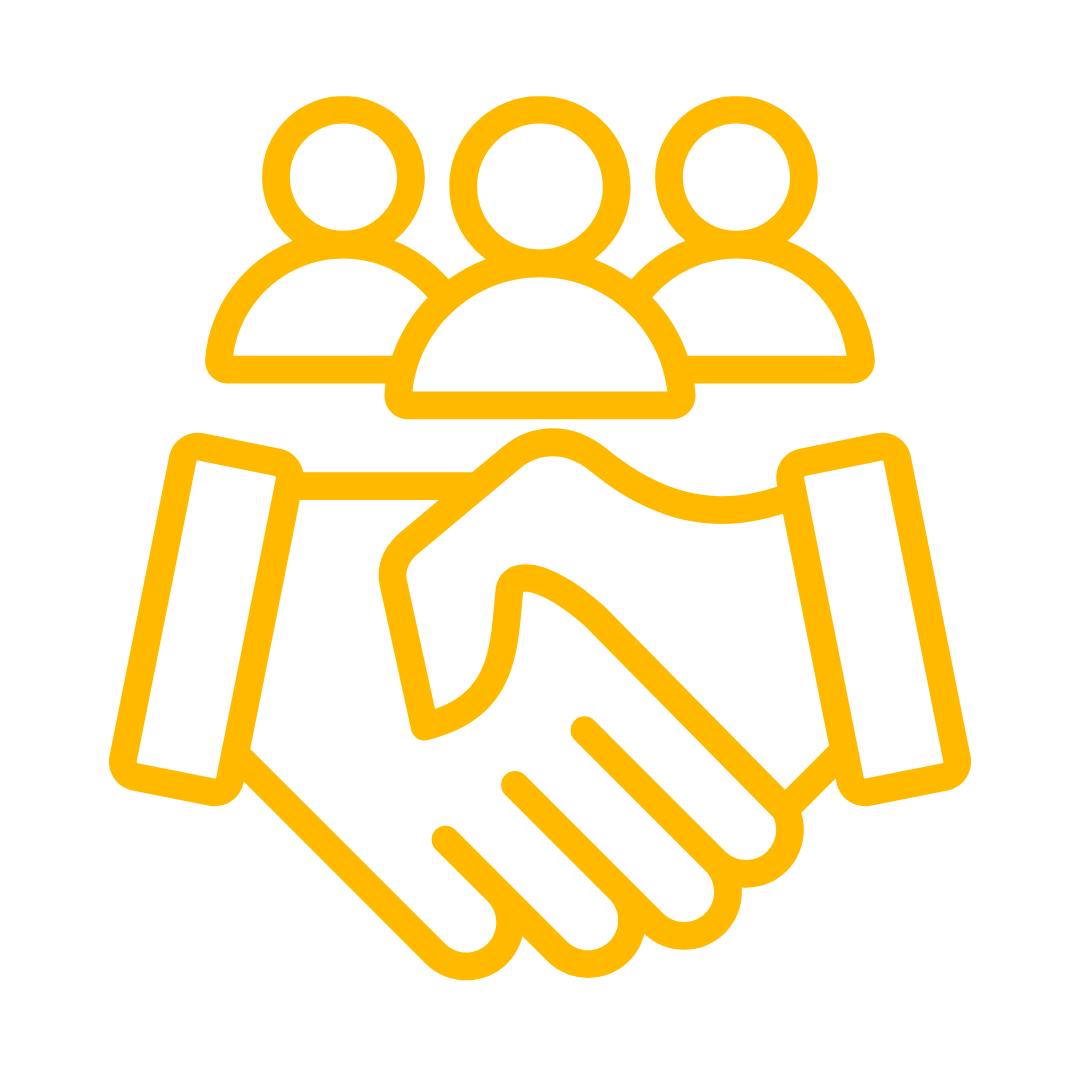The Electoral College is a heavily debated topic in the U.S. today. For a long time, I’ve observed deep issues within our political system: divisiveness, bullying, and polarization. However, as a young Indian American, seeing Kamala Harris become the Democratic Nominee inspired me; and when the opportunity arose to become a member of the Electoral College and represent my community, it felt like the honor of a lifetime.
The process was not easy. I had to earn the support of the Massachusetts Democratic Party’s board (the Democratic State Committee), a challenge for anyone, especially someone young. The key factor that allowed me to earn the support I needed to join the Electoral College was the strength of my personal relationships.
Turning Youth, a Perceived Disadvantage, Into an Asset

Quality, Not Quantity of Relationships

Self-Awareness and Reading the Room

Supporting Others

Finding Adult Advocates
Conclusion
Kaveesh Pathak
Political Science and Business Administration student at Northeastern University, Member of the 2024 Electoral College, and Board Member of the Massachusetts Democratic Party
About THE AUTHOR
A passionate believer in using technology to make an impact, he currently interns as a Product Manager at Ohai.ai, a startup that is backed by New Enterprise Associates and other leading investors and is leveraging AI to improve the lives of busy people.


